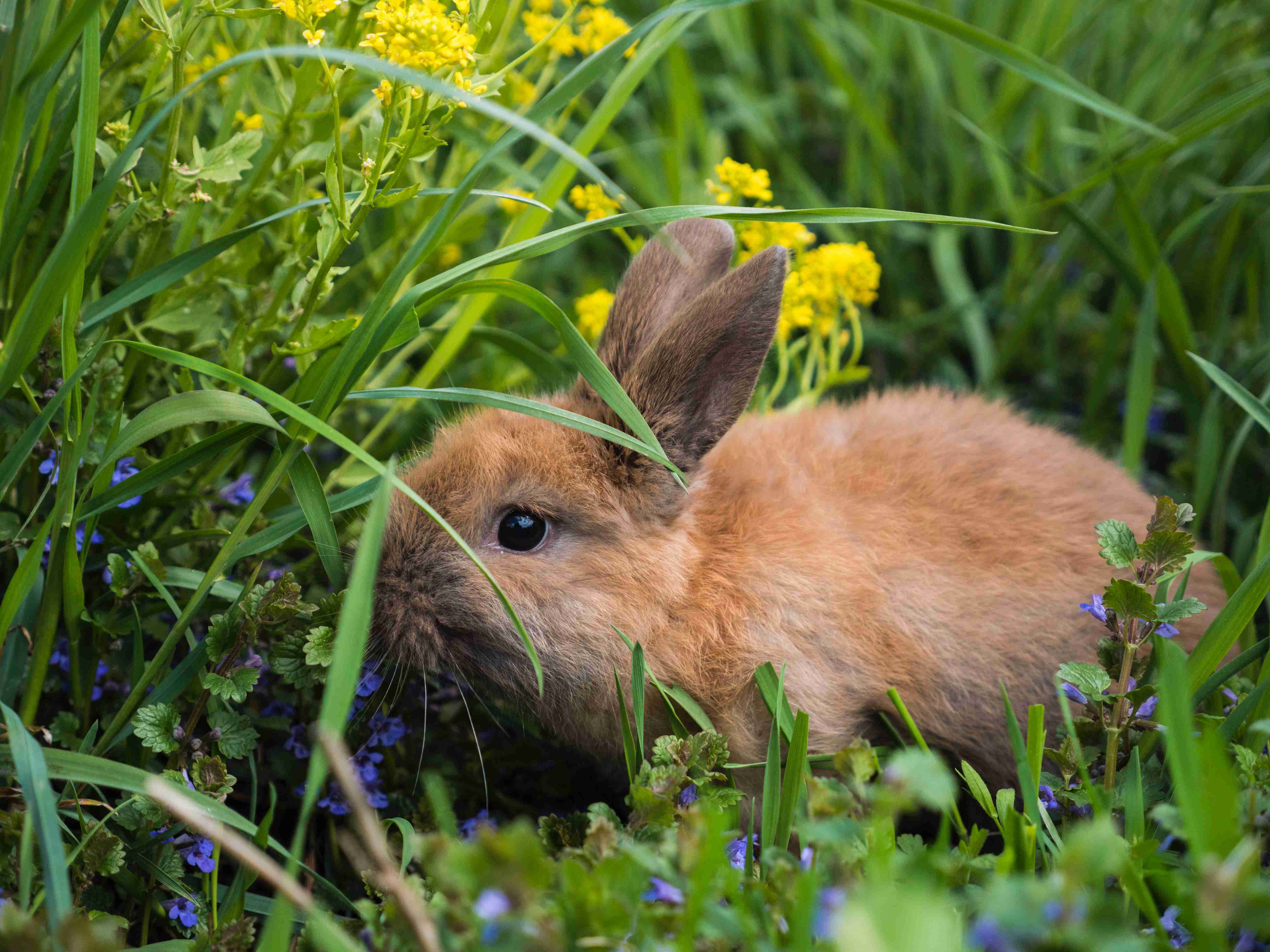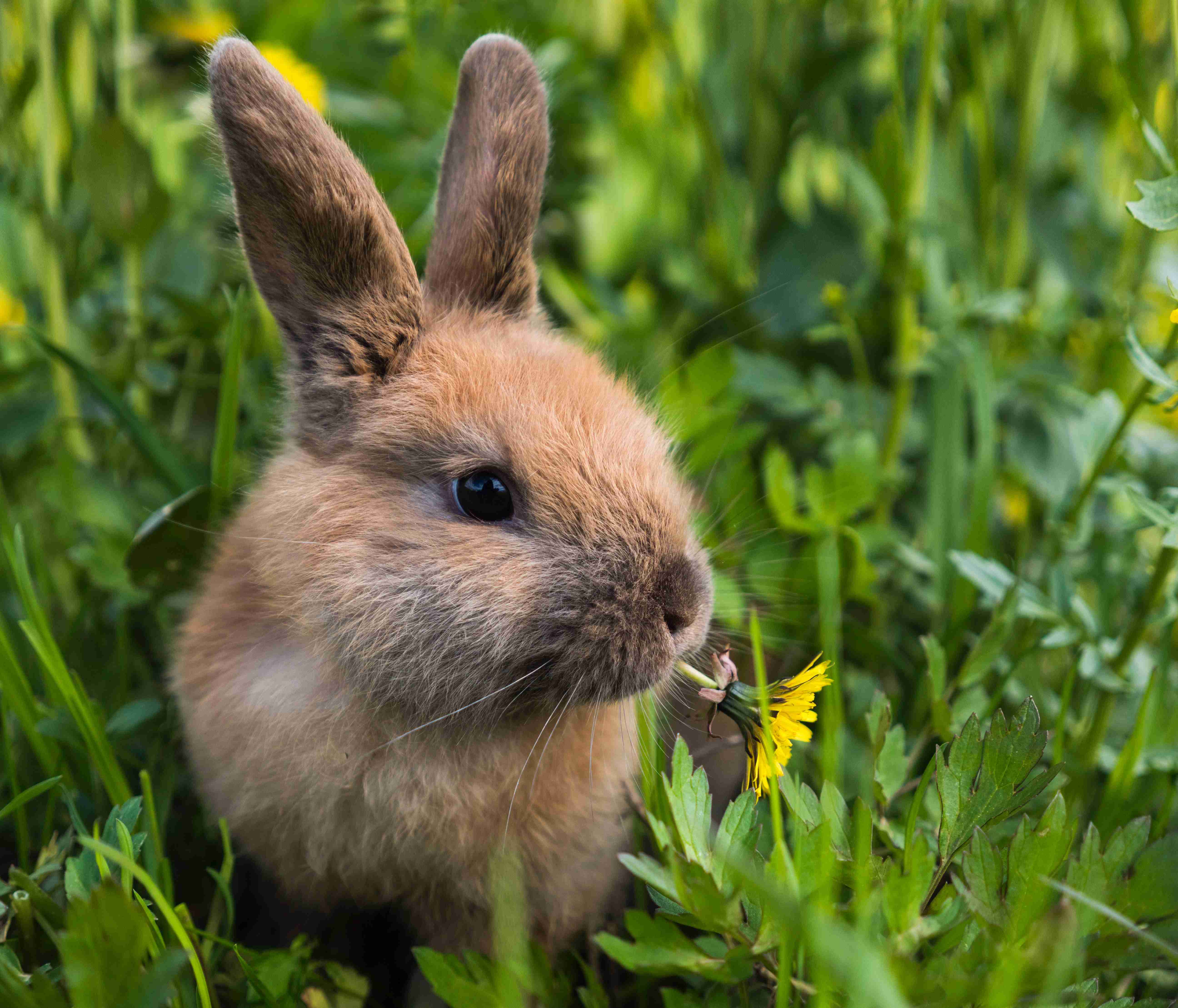As a rabbit owner, you undoubtedly want to provide the best care for your furry friend. Unfortunately, even with the best intentions, your pet can end up with internal parasites. Parasites are common in rabbits and can cause serious health issues if left untreated. Knowing the signs of a parasitic infection can help you catch it early and get your rabbit the treatment they need. In this guide, we will discuss ten common signs that your pet rabbit might have parasites and how you can provide proper care to prevent these issues from occurring in the first place.
Parasites are a common problem for pet rabbits. These tiny organisms can cause a range of health problems, from mild discomfort to life-threatening illnesses. But how do you know if your rabbit has parasites? In this guide, we’ll take a look at 10 common signs that your pet rabbit might have parasites and what you can do to keep your bunny healthy.
- Diarrhea: One of the most common signs of parasites in rabbits is diarrhea. If your rabbit’s stool is soft, watery, or has an unusual odor, it could be a sign of a parasite infestation. Parasites can cause digestive problems, which can lead to diarrhea.
-
Weight Loss: Another common sign of parasites in rabbits is weight loss. If your rabbit is losing weight despite a normal appetite, it could be a sign of parasites. Parasites can interfere with the absorption of nutrients, leading to weight loss.
-
Poor Coat Condition: Parasites can also cause your rabbit’s coat to look dull or scruffy. This can be a sign of mites or fleas, which can irritate your rabbit’s skin and cause hair loss.
-
Scratching or Gnawing: If your rabbit is scratching or gnawing at its fur, it could be a sign of parasites. Mites and fleas can cause itching and irritation, leading to excessive scratching.
-
Anemia: Parasites can cause anemia in rabbits, which is a condition where there are not enough red blood cells in the body. This can lead to lethargy, weakness, and pale mucous membranes.
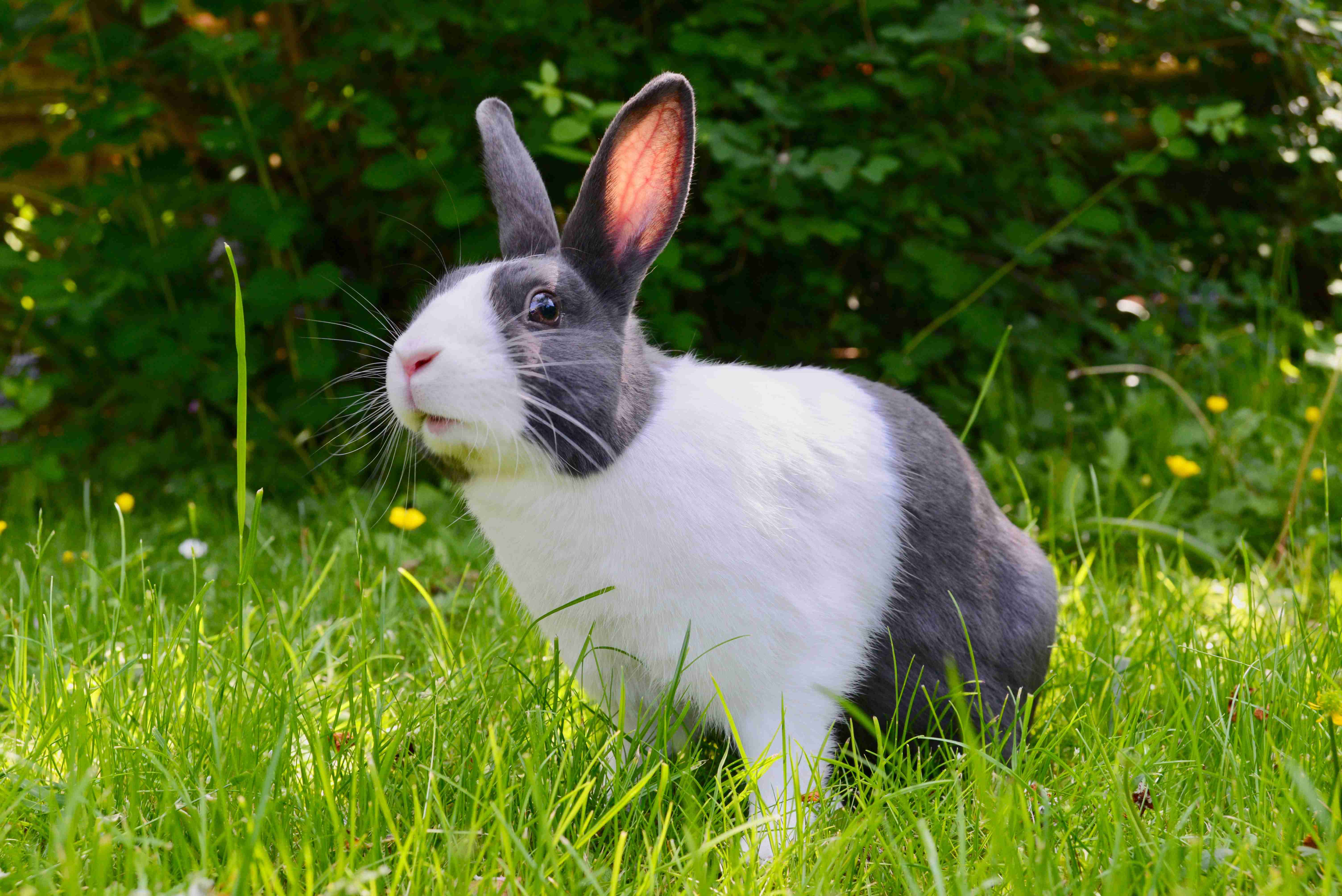
- Respiratory Problems: Some parasites can cause respiratory problems in rabbits, such as coughing, sneezing, or difficulty breathing. This can be a sign of lungworms or other parasites that affect the respiratory system.
-
Dehydration: Parasites can cause dehydration in rabbits, especially if they are experiencing diarrhea. If your rabbit is not drinking enough water or seems lethargic, it could be a sign of dehydration.
-
Abdominal Pain: Parasites can cause abdominal pain in rabbits, which can manifest as hunching, reluctance to move, or grinding teeth. This can be a sign of intestinal parasites or other digestive problems.
-
Lumps or Bumps: Some parasites, such as botflies, can cause lumps or bumps under your rabbit’s skin. These can be painful and may need to be removed by a veterinarian.
-
Behavioral Changes: Parasites can cause your rabbit to act differently, such as becoming more aggressive or less sociable. This can be a sign of discomfort or pain caused by parasites.
If you notice any of these signs in your pet rabbit, it’s important to take them to a veterinarian as soon as possible. A veterinarian can diagnose the problem and recommend a treatment plan to help your rabbit recover. In addition to seeking veterinary care, you can also take steps to prevent parasites in your rabbit, such as keeping their living area clean and free of pests, and providing them with a healthy diet and plenty of fresh water. By being vigilant and taking proactive steps to protect your rabbit’s health, you can help ensure that they live a long, happy, parasite-free life.
In conclusion, it’s important to be aware of the signs that your pet rabbit may have parasites. By regularly monitoring your rabbit’s behavior, appearance, and health, you can quickly identify any potential issues and seek appropriate treatment from your veterinarian. Remember, prevention is key, so be sure to maintain good hygiene, provide a healthy diet, and regularly clean your rabbit’s living space to prevent the spread of parasites. With proper care and attention, you can help your furry friend live a long, healthy, and parasite-free life.
Please follow us on Social Media


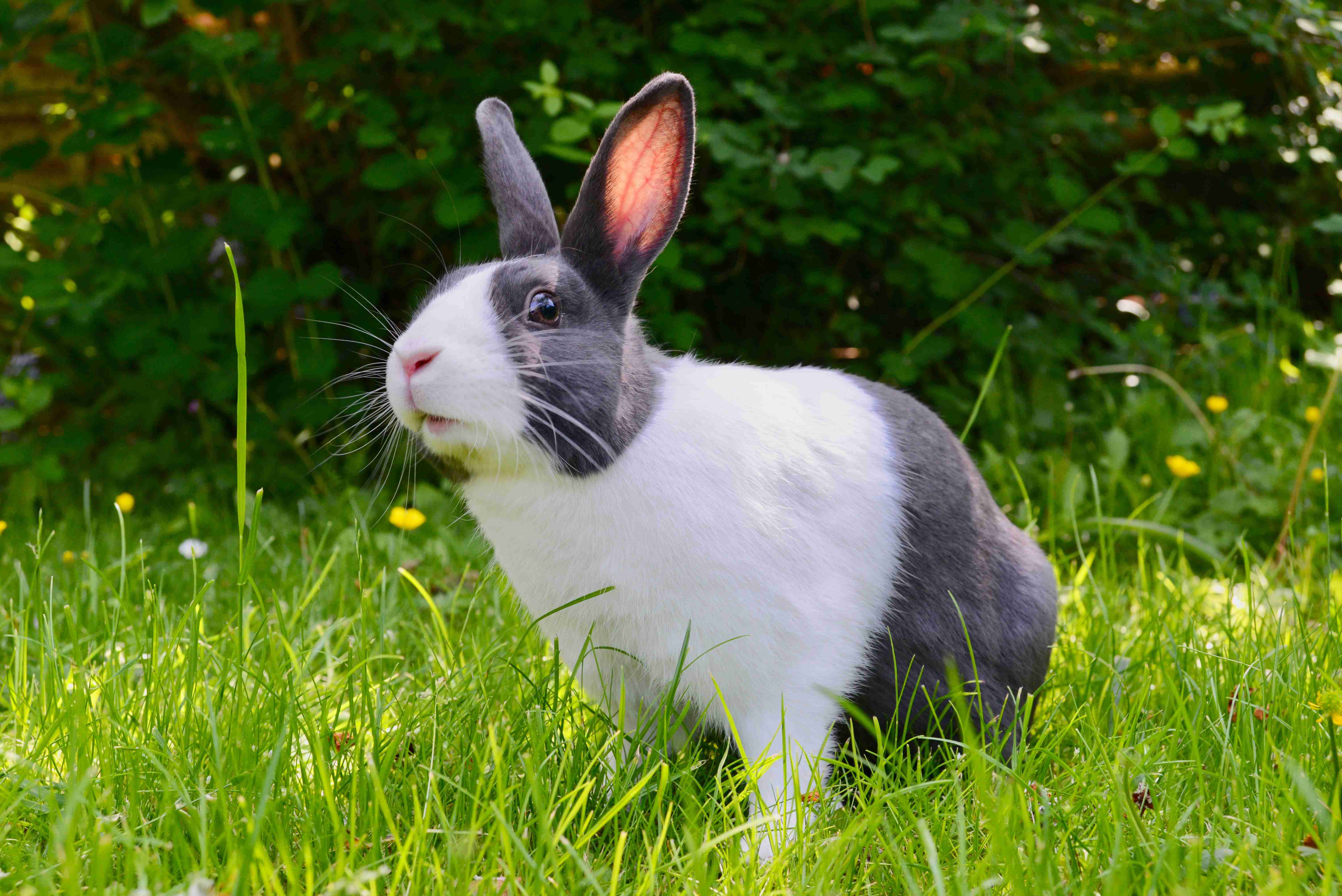
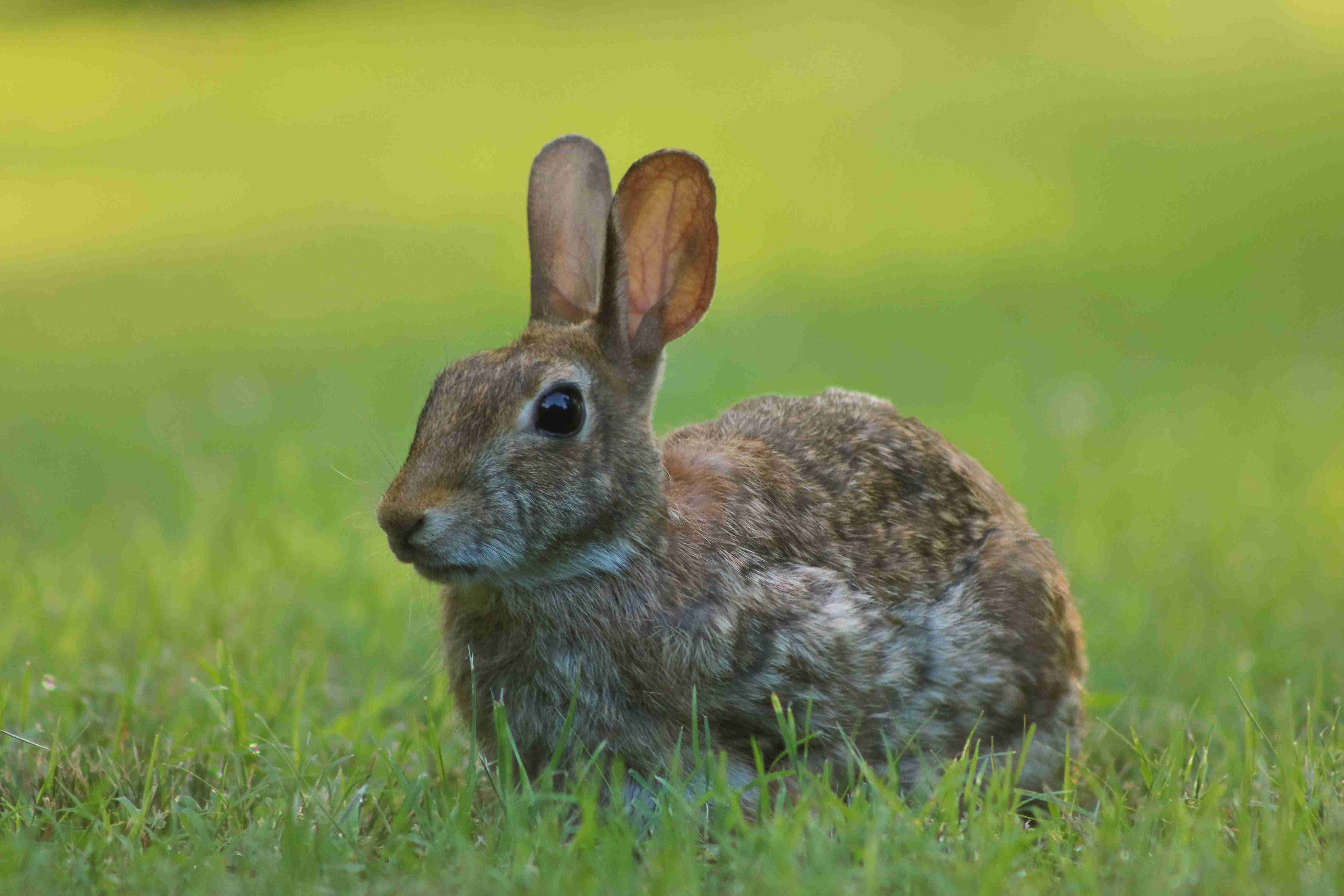
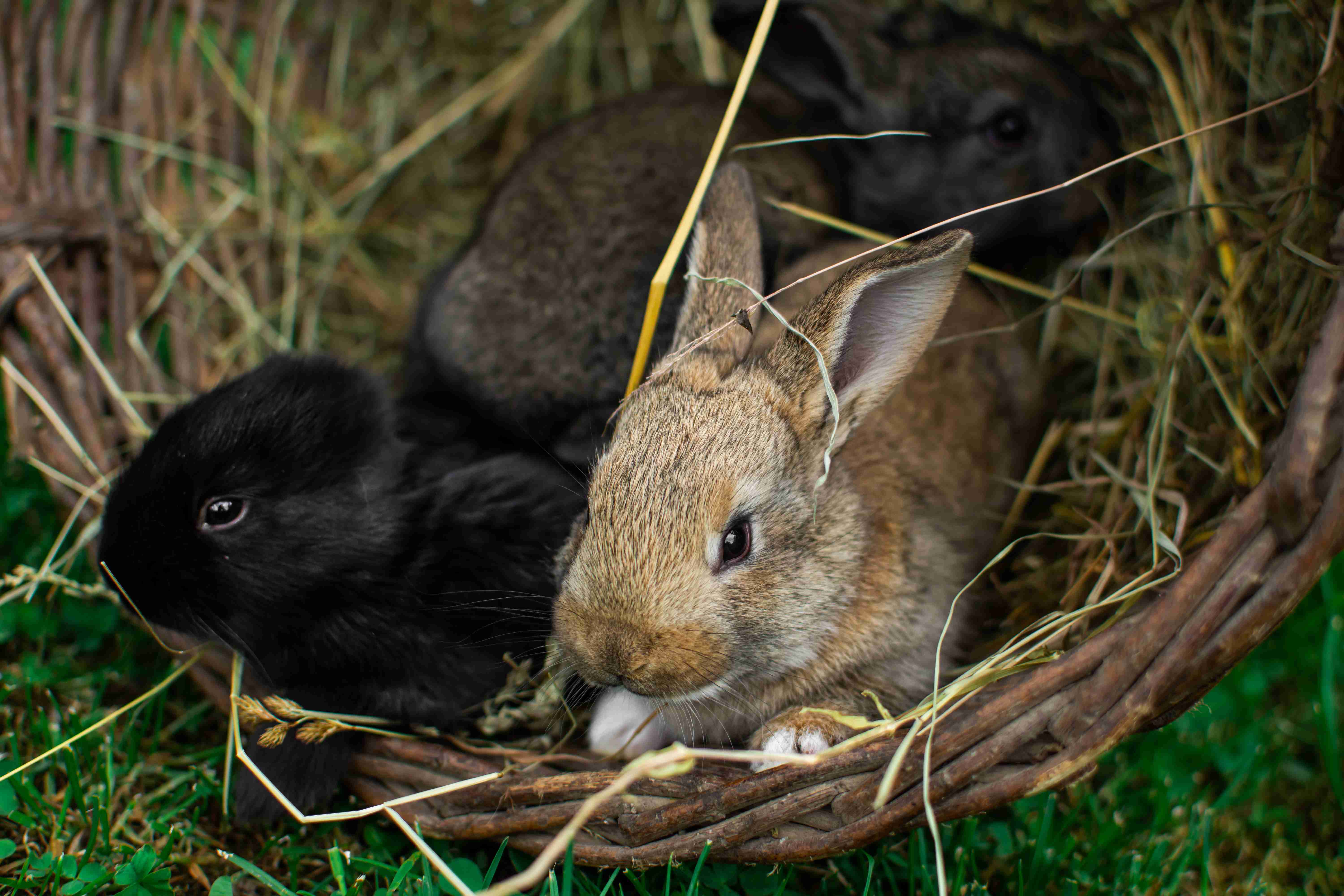
.jpg)
.jpg)
